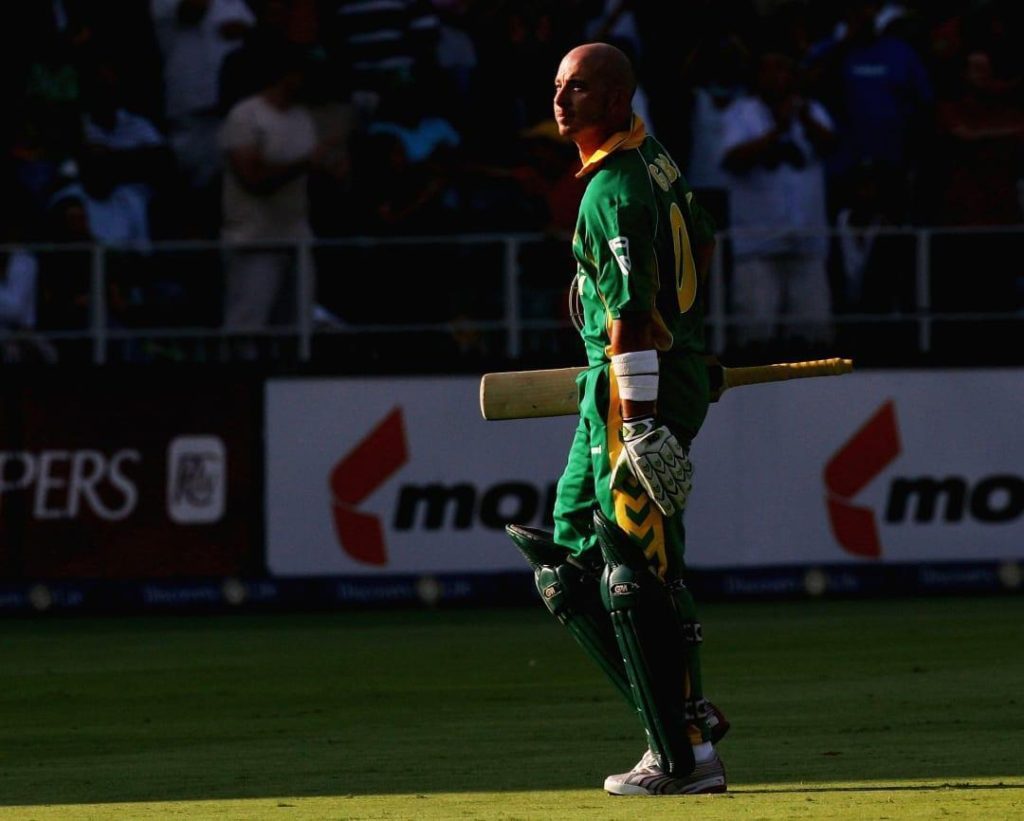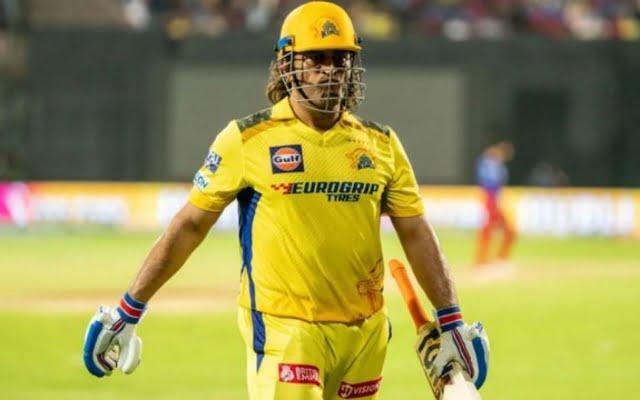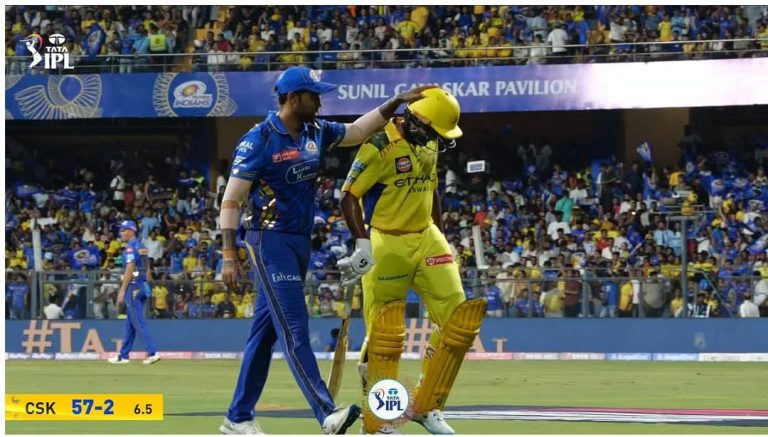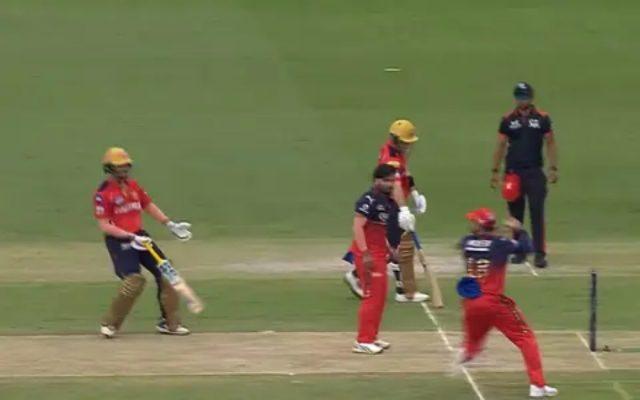
Gibbs was hungover during world record ODI run chase against Australia
On March 12, 2006, Herschelle Gibbs, the South African batsman, etched his name in the history books when he scored an unbeaten 175 runs off 111 balls to help his team chase down a record-breaking total of 434 runs against Australia in the 5th ODI of the Australia tour of South Africa 2005-06. What’s even more remarkable is that Gibbs was hungover when he came out to bat that day.
In his autobiography, Gibbs revealed that he had a “massive hangover” after drinking till late in the night prior to the game. Despite his state, Gibbs still managed to produce one of the most incredible innings of his career, helping South Africa achieve the highest successful chase in ODI history.
The 5th ODI was a thrilling affair, with both teams scoring heavily. Australia, led by Ricky Ponting, had posted a massive total of 434 runs in their 50 overs, with Ponting himself scoring 102 runs off 53 balls. In response, South Africa needed to chase down the target in just 44 overs to win the match.
Gibbs, along with Graeme Smith, took on the Australian attack from the very start. The two batsmen added 105 runs in just 13 overs, setting the tone for the chase. Gibbs, in particular, was in his element, smashing 14 fours and 8 sixes during his innings.
Despite the Australian bowlers’ best efforts, Gibbs and Smith continued to score at a rapid pace. The duo shared a partnership of 154 runs, which helped South Africa stay on track for the record-breaking chase.
When Smith fell for 63 runs, Gibbs took center stage, scoring at an even faster rate. He smashed 11 fours and 5 sixes in his remaining 34 overs, taking his team to the brink of victory.
In the end, South Africa achieved the record-breaking target with 7 wickets in hand, winning the match by 149 runs. Gibbs’ unbeaten 175 runs off 111 balls was the highlight of the innings, and his performance earned him the Man of the Match award.
Gibbs’ incredible innings not only helped South Africa win the match but also broke several records. His unbeaten 175 runs took his team to the highest successful chase in ODI history, surpassing the previous record of 331 runs set by Zimbabwe against UAE in 1996.
The victory was also a significant one for South Africa, as it helped them take an unassailable 4-1 lead in the 5-match ODI series. The win also marked a turning point in the series, as South Africa went on to win the next two matches, wrapping up the series 5-1.
In his autobiography, Gibbs revealed that he was feeling far from his best when he came out to bat that day. However, he drew on his experience and skill to produce an innings that will be remembered for years to come.
“I was feeling pretty rough, to be honest,” Gibbs wrote. “I’d had a few too many drinks the night before and was carrying a massive hangover. But I knew I had to focus on the job at hand. I tried to put the hangover out of my mind and just concentrate on getting the runs.”
Gibbs’ incredible innings is a testament to his skill and experience as a batsman. Despite being hungover, he still managed to produce one of the most dominant performances of his career, helping South Africa achieve a record-breaking win.
The match was an exciting one, with both teams scoring heavily. Australia’s total of 434 runs was the highest ever scored by a team in ODI cricket at that time, and South Africa’s chase was an incredible effort.
The victory was a significant one for South Africa, as it helped them take an unassailable lead in the series. The win also marked a turning point in the series, as South Africa went on to win the next two matches, wrapping up the series 5-1.
In conclusion, Herschelle Gibbs’ incredible innings of 175 runs off 111 balls against Australia on March 12, 2006, was an unforgettable performance. Despite being hungover, Gibbs produced one of the most dominant innings of his career, helping South Africa achieve the highest successful chase in ODI history. The match was an exciting one, with both teams scoring heavily, and it will be remembered for years to come as one of the greatest ODI matches of all time.






